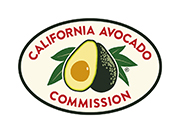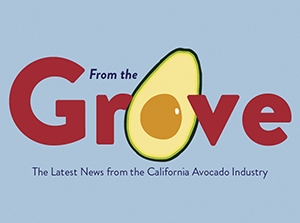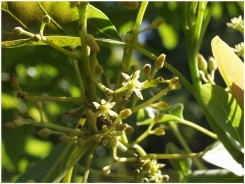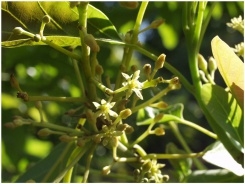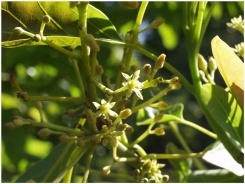Avocado Researchers Examine Possibility that Nocturnal Insects Pollinate Avocado Trees at Night
A new research paper explores nocturnal pollination of ‘Hass’ avocado trees and the presence of nocturnal insects that may play a role in pollination. The paper, entitled “Low Overnight Temperatures Associated with a Delay in ‘Hass’ Avocado (Persea americana) Female Flower Opening, Leading to Nocturnal Flowering,” is based on observations by researchers in New Zealand.
Assess Avocado Groves to Identify Problems in Advance
The most successful California Avocado growers apply different cultural management activities throughout the year. The key is knowing what to do and how much of a particular activity to do in order to properly support the trees at each stage of the growth cycle.
Larger than Usual Crop Loads Can Stress an Avocado Tree
In spring, it's important to examine your avocado groves for signs of stress.
March Is a Good Time to Evaluate Tree Health and Cultural Management
Spring is bloom-time, and it is the fruit-set following bloom that will determine the financial future of the avocado grove the next harvest season. A lot of avocado groves are currently carrying their second good crop in a row, leading to the concern that fruit-set this spring could be poor as the trees become “tired” and enter into an alternate bearing pattern.
Cultural Management Tips for Excessive Flowering on Avocado Trees
Having a good idea how many flower buds are developing and the progress of flower bud growth are useful pieces of information for growers in their decision making. By determining if flowering will be stronger than expected a grower can alter harvest timing decisions.
Meeting the Needs of Avocado Trees During Spring Flowering
Unlike deciduous fruit trees, avocado trees never go dormant, thus avocado trees have three concurrent growth cycles. They are developing the current year’s fruit and providing nutrients and resources that mature the fruit for harvest. They are supporting the needs of the year two fruit set that will be harvested the following year.
- 1 of 2
- Load More
